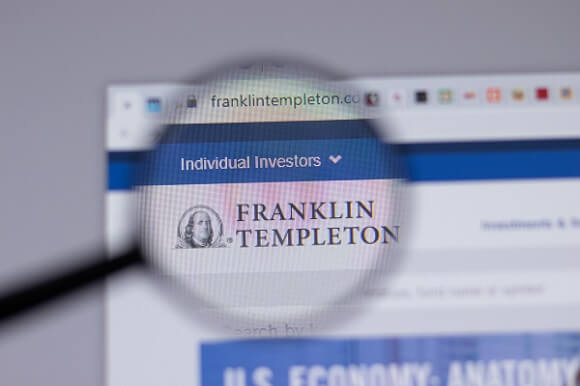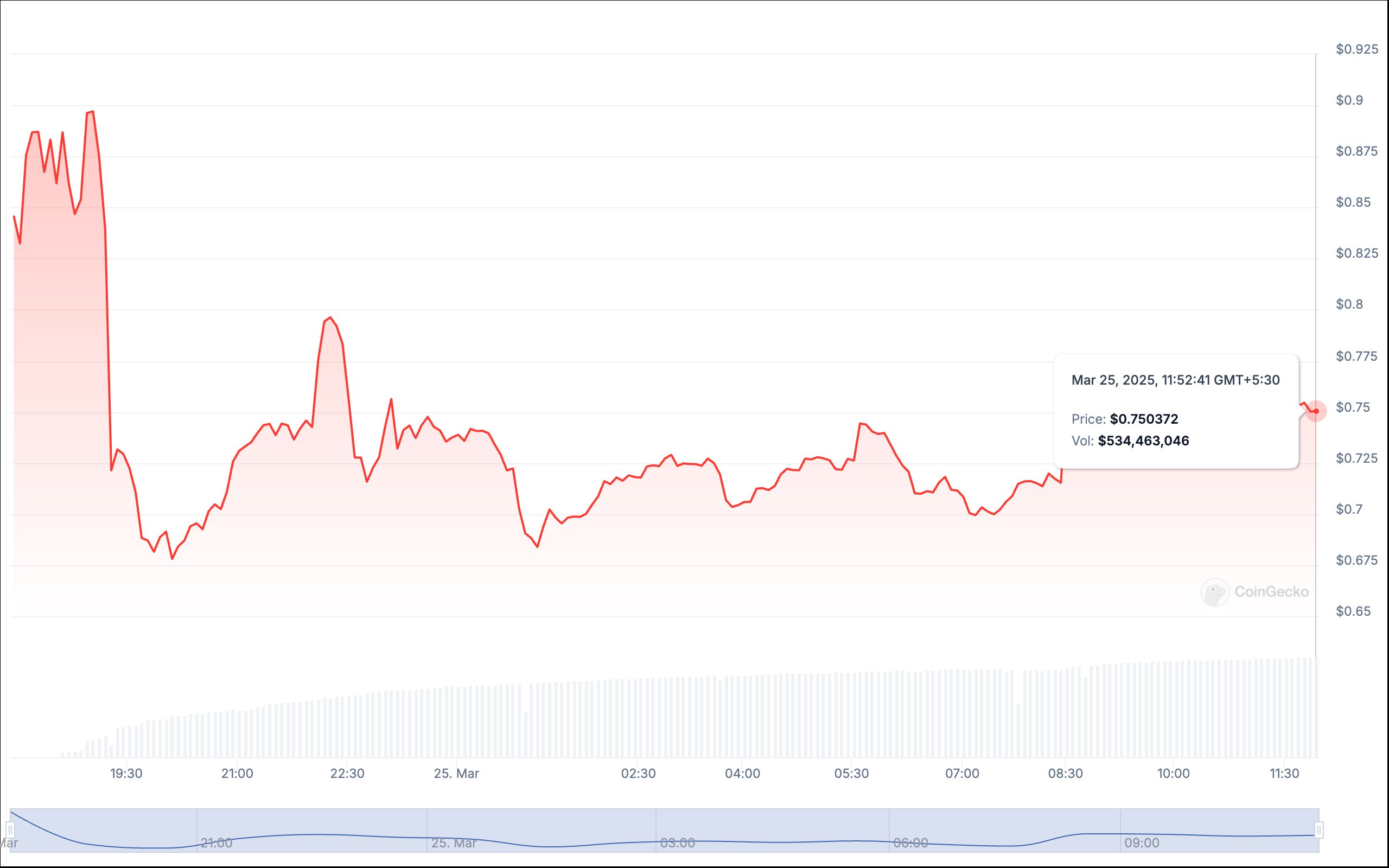Revolutionizing Digital Asset Management
Franklin Templeton’s Latest Breakthrough
The Franklin OnChain FOBXX investors can now transfer the fund’s BENJI token directly between each other without any intermediary. Franklin Templeton is competing with BlackRock’s Ethereum-based BUIDL fund in the tokenized assets niche. Franklin Templeton maintains a 32% market share. In a move that marks a significant advancement in the realm of digital asset management, Franklin Templeton has tokenized its $380M fund on Polygon and Stellar for P2P transfers.
By tokenizing their fund, Franklin Templeton has opened up new possibilities for investors, allowing for seamless and efficient transactions between peers. This move represents a significant step forward in the world of digital assets, with the potential to revolutionize the way investments are managed and traded.
Implications for Investors
For individual investors, the ability to transfer BENJI tokens directly between each other without the need for intermediaries opens up new opportunities for faster and more cost-effective transactions. This increased efficiency could lead to higher returns and a more streamlined investment process overall.
Impact on the Global Market
Franklin Templeton’s decision to tokenize their fund on Polygon and Stellar has the potential to shake up the digital asset management industry. By offering P2P transfers and competition with BlackRock’s BUIDL fund, Franklin Templeton is positioning themselves as a major player in the market, with a significant market share to back it up. This move could inspire other companies to follow suit and embrace tokenization as a way to enhance their offerings and stay competitive in an ever-evolving market.
Conclusion
In conclusion, Franklin Templeton’s decision to tokenize their $380M fund on Polygon and Stellar for P2P transfers marks a significant advancement in the world of digital asset management. This move has the potential to revolutionize the way investments are managed and traded, offering increased efficiency and new opportunities for investors. As the industry continues to evolve, it will be interesting to see how other companies respond to this groundbreaking development and how it shapes the future of digital asset management.





